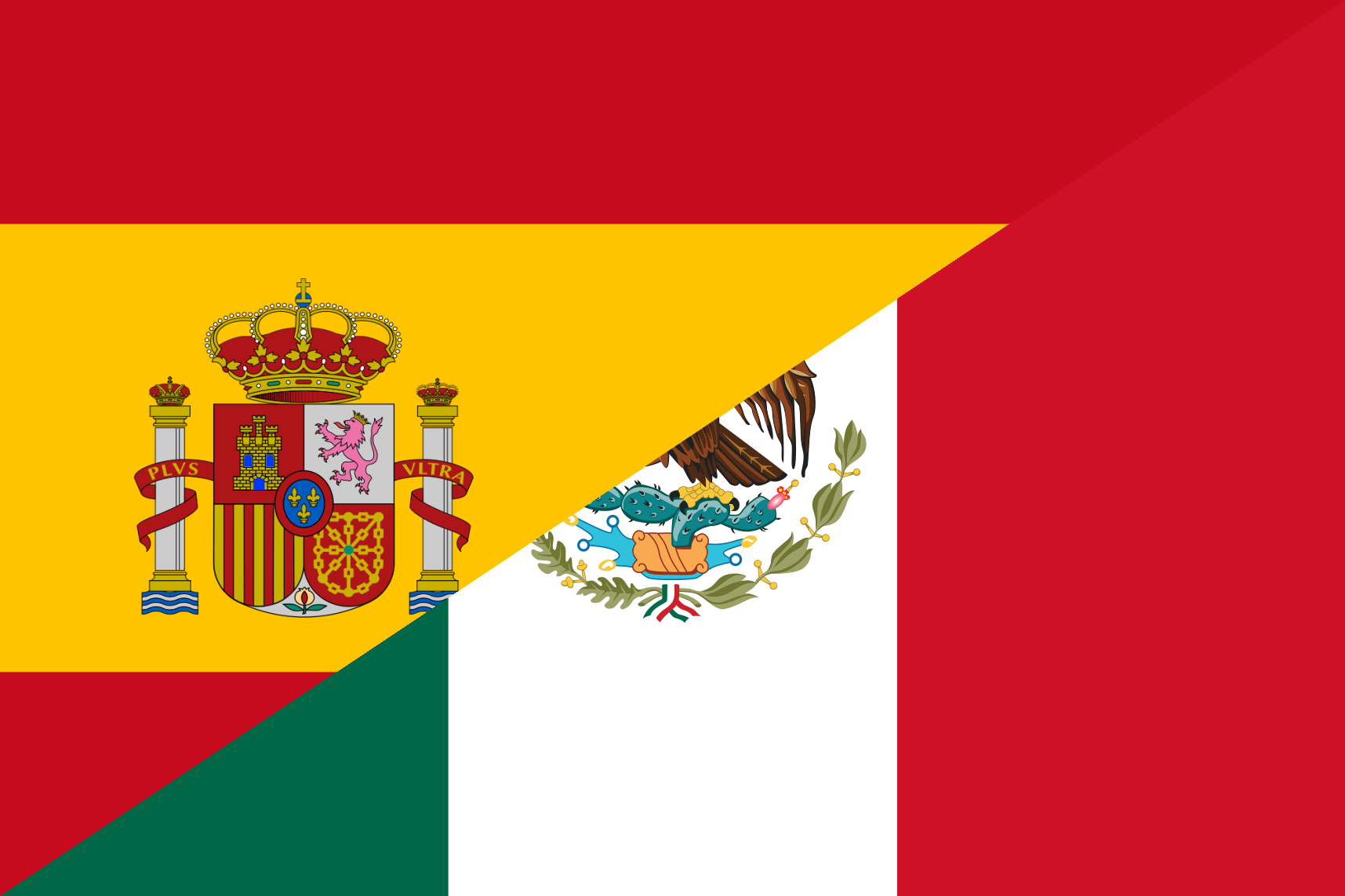llegar
Sätze
Otros cuatro 4 tripulantes , murieron en la costa sin llegar a ser tomados como prisioneros .
Vier weitere Besatzungen starben an der Küste, ohne als Gefangene genommen zu werden.

Bedeutung (Englisch)
- (intransitive) to arrive, get (to)
- (intransitive) to get up to, to go up to, to reach (+ a or + hasta)
- (intransitive) to be sufficient; to be enough
- (intransitive) to manage (be successful)
Konzepte
herreichen
sich nähern
hingeraten
sich ereignen
hier ankommen
reinziehen
dazustoßen
Erfolg haben
Synonyme
ir hasta
convertirse en
tener éxito
arribar a
llegar acá
llegar aquí
hacer su llegada
lograr alcanzar
lograr ser
desguindar
ayuntarse carnalmente
Frequenz
Mit Bindestrich als
lle‧gar
Ausgesprochen als (IPA)
/ʝeˈɡaɾ/
Etymologie (Englisch)
In summary
Inherited from Latin plicāre (“to fold”), ultimately from Proto-Indo-European *pleḱ- (“to plait, to weave”). The semantic shift over time from "to fold" is also found in some other Romance cognates, and may be linked to the idea of folding sails when arriving at a port, especially in Iberian Romance where naval tradition was strong. Compare Portuguese chegar; however compare also Romanian pleca (“to leave”), with the opposite meaning, possibly because there the word was associated with folding up tents and leaving. See also the Spanish doublet plegar (“to fold”). Another theory instead derives llegar from a Vulgar Latin plicāre as a regressive derivation from Classical Latin applicāre (“apply, add, attach, join to”). Cognate with English ply.
Lesezeichen
Verbessern Sie Ihre Aussprache
Beginnen Sie mit dem Lernen Spanisch mit learnfeliz .
Üben Sie das Sprechen und Auswendiglernen von " llegar " und vieler anderer Wörter und Sätze in Spanisch .
Gehen Sie zu unserer Spanisch Kursseite
Notes

